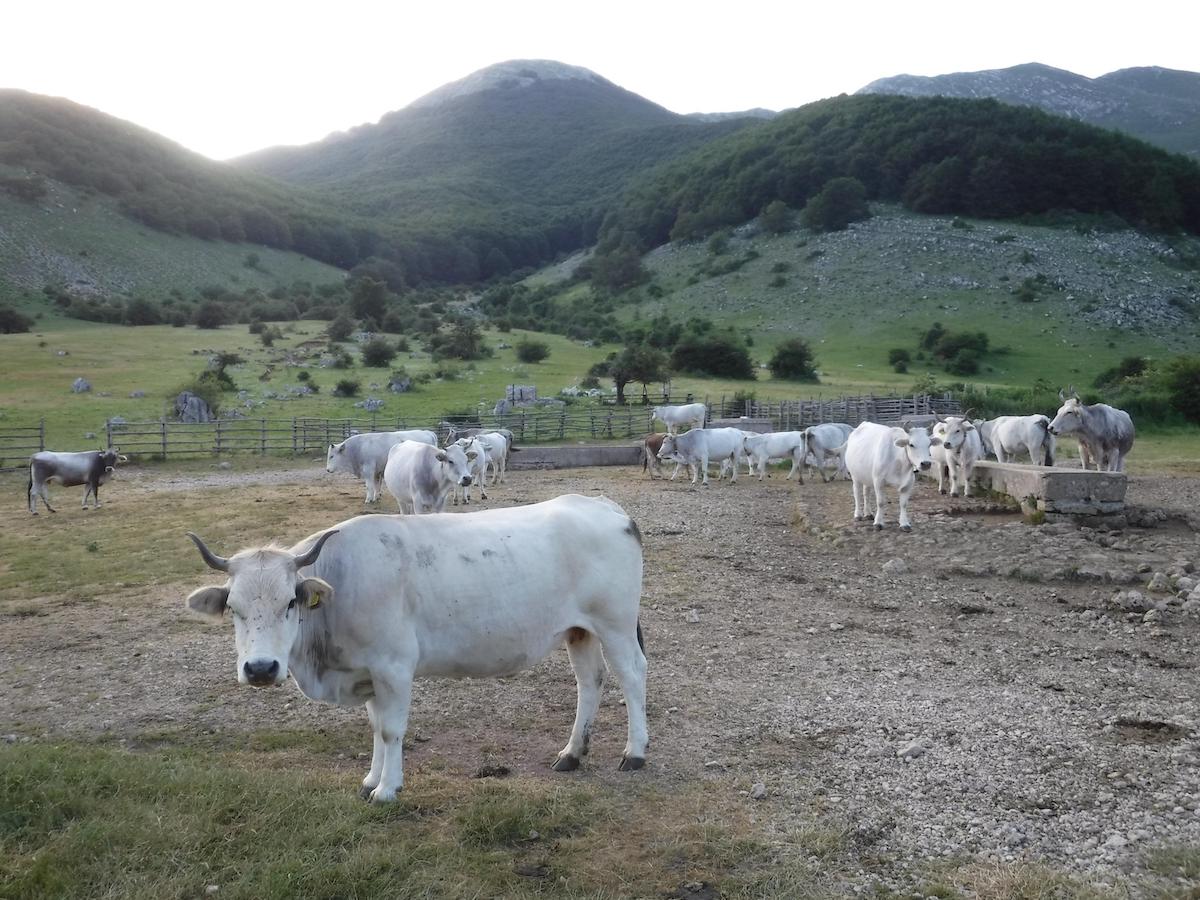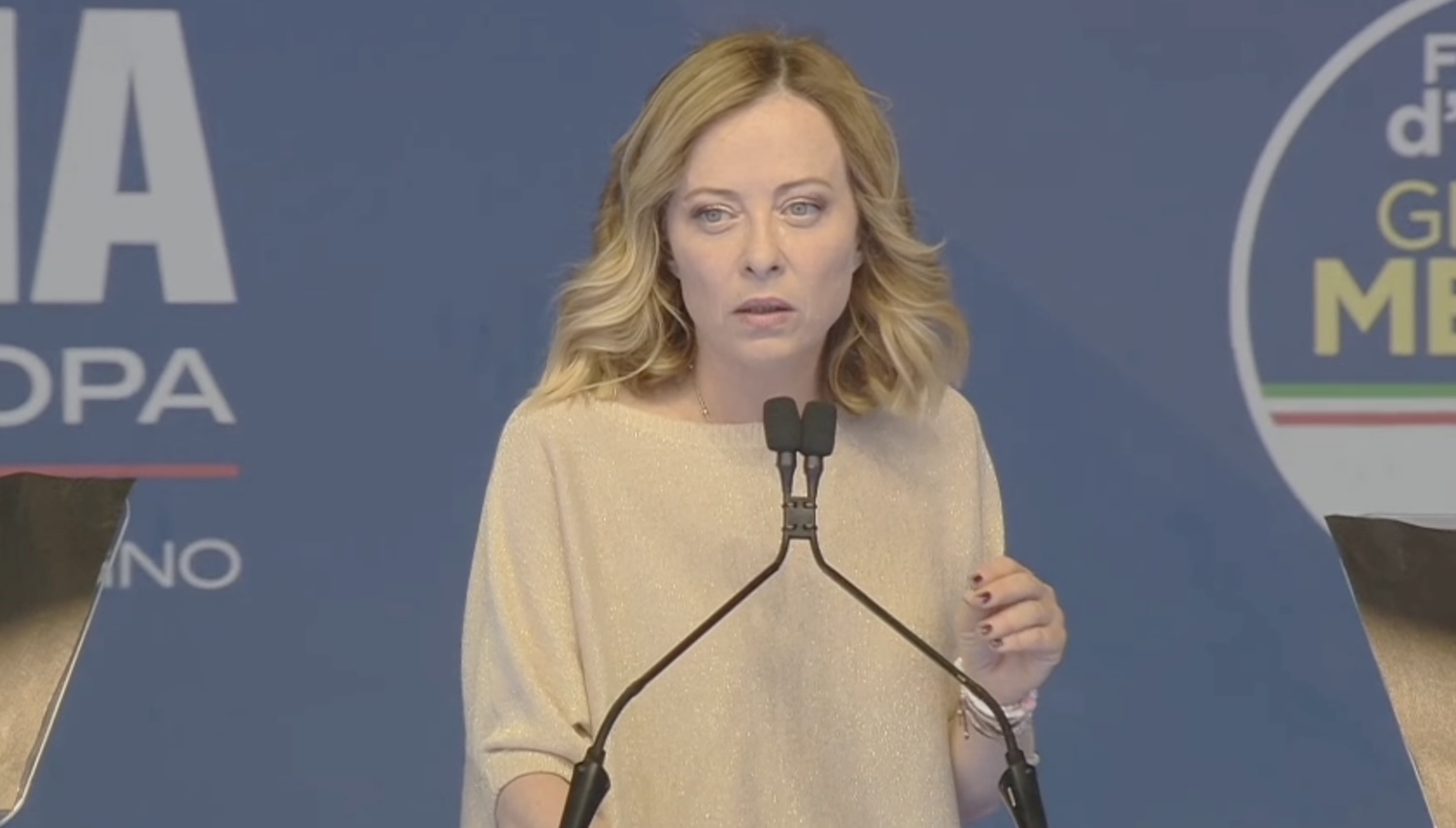Danish breeders will face a new annual tax of 672 crowns (just under 90 euros) for each cow or pig to offset emissions from agriculture that contribute significantly to global warming. This week, the Danish coalition government decided to implement the world's first tax on carbon emissions in the agricultural sector, which will impose new taxes on livestock from 2030. Denmark, a major exporter of dairy and pork, has agriculture as the main activity of the country. source of emissions. As reported by CNNThe new agreement also provides for an investment of 40 billion crowns (around 3.5 billion euros) in initiatives such as reforestation and the creation of wetlands, in order to achieve national climate goals.
The anger of the farmers
Although the deal was welcomed by the Danish dairy industry, it angered farmers, who have been protesting for months across Europe against environmental regulations and excessive bureaucracy. “It’s a disturbing experience,” they say CNN Danish farmers from the Bæredygtigt Landbrug association. “We believe that this agreement is pure bureaucracy,” commented President Peter Kiær in a statement. “We recognize that there is a climate problem, but we do not believe that this agreement will solve the problems. This will only hinder green investments in agriculture,” he added.
Burps, flatulence and manure
The global food system is a significant source of greenhouse gas emissions, with livestock accounting for about 12% of global emissions, according to the Food and Agriculture Organization of the United Nations. Much of these emissions come from methane, a potent greenhouse gas produced by burps, flatulence and cow manure. On average, Danish dairy cows emit 5.6 tonnes of CO2 per year. From Denmark, they specify that, during the first two years, the proceeds from the cow tax will be used to support the green transition of the agricultural sector.


